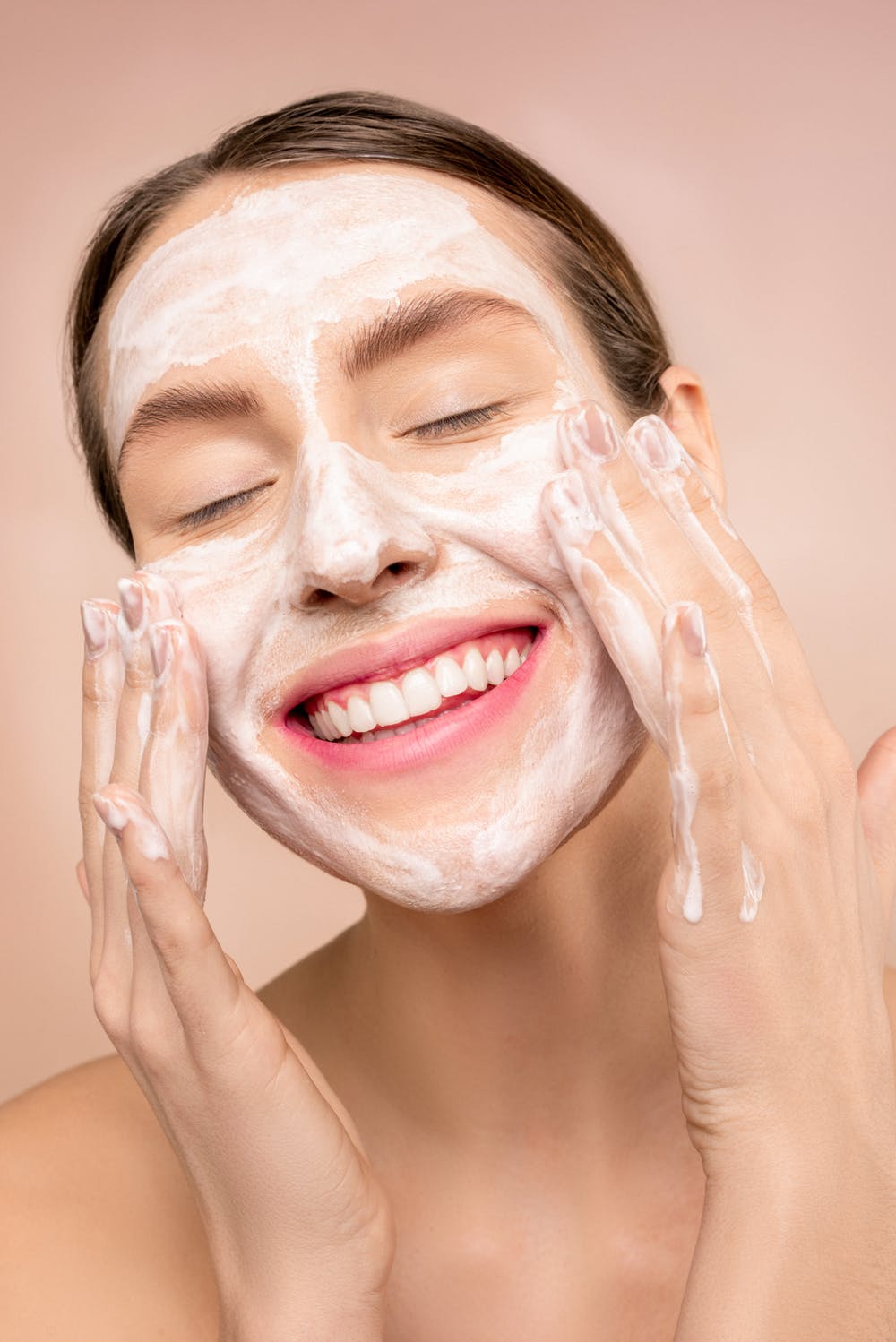Beauty sleep
The story of the sleeping beauty may be made up, but the concept of a beauty sleep is anything but. It has been proven that a good night's sleep has a positive effect on our health. Our skin condition is also affected by our sleep. So you can certainly work on an eternally young skin by getting enough sleep. So feel free to sleep an hour longer this weekend, your skin will thank you!
Unbelieveable? Then be sure to read on, in this blog we explain how sleep affects our skin.
What happens to our skin during sleep?
When we sleep, both the body and the brain relax. Physiological changes occur: lowered body temperature and blood pressure, slowed breathing, production of hormones. They will each stimulate the recovery and regeneration of the skin in their own way.
All these changes have a beneficial effect on our stem cells, also known as mother cells. Stem cells are the cells responsible for the cell production and renewal of our skin; new cells are created in the lower skin layer and then migrate to the skin surface where they then flake off. The process of cell renewal takes a total of 28 days and mainly occurs when we sleep. Sufficient and good night's sleep is therefore crucial for cell renewal. That's because our brains produce growth hormone at night. This hormone is mainly produced during childhood because we still have to grow, but you still need this hormone in adulthood. The growth hormone ensures the repair and growth of the cells in our skin. About 70 percent of this hormone is produced during sleep. Production happens in peaks. The greatest production occurs at night, especially from 2 to 3 hours after falling asleep.
Restoration of the skin

So while we enjoy a well-deserved portion of doing nothing during the night, our body is running at full speed. And that is necessary! Our skin is exposed daily to stress factors, UV radiation, radiation, pollution , you name it. In an attempt to protect against this, our body is busy during the day with the production of antioxidants . At night these harmful factors disappear and the body no longer has to focus on defense against stress factors. This is when our body recovers , and so does our skin.
Permeability of the skin at night
'Our internal clock also regulates the skin's barrier function. At night our skin is more permeable . On the one hand this means that active substances are better absorbed by the skin, on the other hand it implies that the skin loses more moisture during the night . So that has its advantages for the absorption of active substances. It is important to find a good balance between a product that contains active substances and that moisturizes the skin well. In short: all the more reason to invest in a night cream with high-quality ingredients. Which products can you best use for a good evening ritual?
We describe the 3 most important tips for you:
Step 1: cleaning is key!
To prevent daytime pollution, it is important to clean well at night . This way you neutralize the damage your skin has suffered during the day and ensure that the active ingredients in your cream or serum are better absorbed. It is best to use a mild 2-step program for this: first a mild oily or milky cleanser followed by a water-based cleanser . Would you like to know more about this?

2-in-1 cleanser

Night cream
Step 2: Active effect: support cell renewal process
Ideally, these are products with anti-ageing ingredients that act on collagen and cell renewal (such as peptides, retinol , ...). Please note: with high quality and rich ingredients we do not mean that a thick cream is better. A thick cream, as it were, puts a layer over your skin, so that the moisture cannot escape. But this can make your skin 'lazy'. So instead of stimulating the skin to stimulate the biological processes that are so important at night, you make the skin dependent on an external product. It is therefore better to opt for a light texture, so that the active ingredients are well absorbed by the skin.'
Step 3: Passive effect: prevent moisture loss
The last step consists of applying moisturizing elements. Ingredients such as ceramides, phospholipids and sphingolipid cholesterol will restore and support the skin barrier. It is important to apply this at the end, precisely because you want the active substances to be absorbed first before you restore the skin barrier again. Glycerine is also an interesting ingredient. This is a moisture-retaining molecule that occurs naturally in the skin and ensures that the skin remains hydrated and supple. Here, too, you should pay attention to the texture. Light gel structures are often sufficient, as long as they contain the right ingredients.'
Our product offerings

The personalized Nomige Package

Nomige Package + 2 Cleansers

DNA analysis & skin report
Learn more about DNA skincare & Nomige from Dr. Barbara Geusens
Watch an interactive and educational session where you will learn more about your skin, the role of your DNA, skin care and the concept of Nomige.
The online Masterclass is the ideal opportunity to learn more about Nomige and DNA skin care.
Follow our story
Connect with us and follow the hashtag #MyNomige to stay up to date with the latest skin tips and news.
Follow our story
Connect with us and follow the hashtag #MyNomige to stay up to date with the latest skin tips and news.





















































